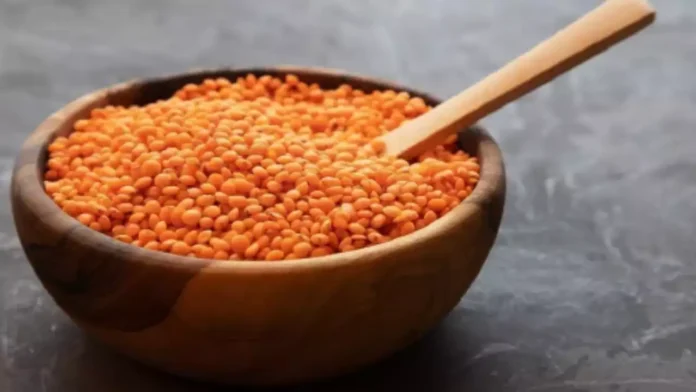India’s masur (lentil) production is expected to reach an all-time high of 1.6 million tonnes in the 2023-24 rabi season, driven by an increase in cultivation area, according to Consumer Affairs Secretary Rohit Kumar Singh.
In the 2022-23 rabi season, masur production stood at 1.55 million tonnes, according to official data. Despite being the world’s largest producer and consumer of pulses, India imports certain pulses, including masur and tur, to address domestic shortages.
“This year, masur production is going to be at an all-time high. Our masur production will be the highest in the world. The acreage has increased. The dynamic is changing,” Singh said at an event organised by the Global Pulse Confederation (GPC) on Friday.
During the ongoing rabi season, the cultivation of masur has increased, with the total acreage reaching 1.94 million hectares as of January 12. This marks an increase from the 1.83 million hectares recorded in the same period last year, as reported by agriculture ministry data. Additionally, on the sidelines of the event, the Secretary stated that masur production is projected to reach 1.6 million tonnes for the current rabi season.
He also highlighted that the nation consistently produces an average of 26-27 million tonnes of pulses each year. While being self-sufficient in chana and moong, the country relies on imports to address shortages in other pulses such as tur and masur.
“While we pitch for self-reliance in pulses, we cannot ignore that for some time to come, we probably need to keep (pulses) imports running,” he said.
While the government is incentivising farmers to grow more pulses, one needs to keep in mind the limited area under cultivation, he added.
Sharing how difficult it is to balance the farmers’ and consumers’ interests, the Secretary said, “I think we are doing ok in the last couple of years. Despite weather disturbances, we have managed to keep the prices of pulses reasonably under control.”
Continue Exploring: Govt expects 18% decline in tur prices by February



